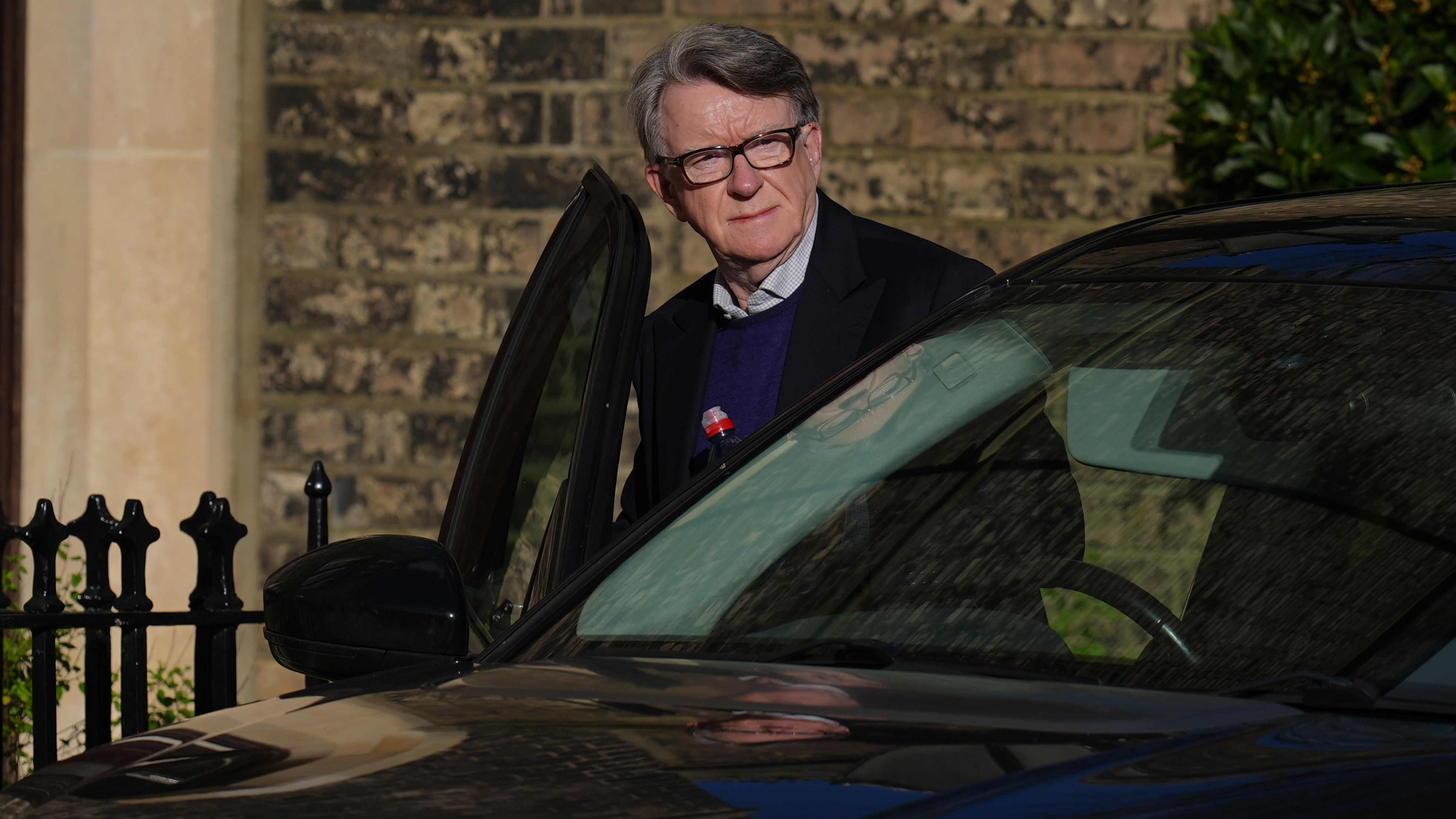It has been a strange election and not just because the usual artificiality of staged photo-ops has taken on a slightly surreal quality in the age of Covid.
No, it’s more the odd feeling that this is a campaign in name only.
I can never recall a previous hustings in which the opposition parties all agree that they have no chance of winning.
It is an election without a race. It seems the point of the poll is to anoint the governing party.
Normally when the stakes are high, turnout is high. Knife-edge calculus encourages a stampede to the polls. Remember 2014 and that independence referendum and the 85% turnout? Some local authority areas actually hit 90%, such was the level of engagement.
So a key test on Thursday will be turnout. Anything short of 60% and I think it is worth concluding that the Apathy Party has been the big winner. In fact, it is probably worth emphasising that apathy normally plays a big part in these elections.
In 1999, at the first set of Holyrood elections, turnout was only 59%. And even that is something of a high, for it fell to 49% four years later, then picked up to 51.8% in 2007, falling back to 50.4% in 2011 and 55.6% in 2016. Hitting a modest 60% would therefore actually set a record.
The polls suggest a number of things. First, the SNP will win and the only question is whether they win an outright majority or will need the help of the Greens to deliver a parliamentary majority for indyref2.
And then there is the race for second.
A hardening of unionist anger post-2014 has played well for the Tories and disastrously for Scottish Labour.
Anas Sarwar’s approval ratings are running ahead of support for his party, so he has a job to ‘seal the deal’ with some on the unionist side that would see Labour win second place. If that happens, it would be job done and a firm base on which to build, even although it is likely to be a poorish performance in historical terms.

For Douglas Ross and the Scottish Tories it is a case of holding second at all costs. It probably doesn’t help that the UK Conservative Prime Minister is currently fire-fighting on a whole host of ‘sleaze’ issues from his expensively refurbished bunker in SW1.
Scottish Tory strategists must be frustrated by the daily news reminders that Boris Johnson just can’t shake off a cloak of scandal engulfing his office. Thankfully those same strategists will feel vindicated in keeping him well away from the campaign trail.

‘Crisis looms’
He will, of course, be a huge figure in the post-election politicking for the polls all suggest that by the week’s end we will be in a full-blown political crisis and one with potentially huge constitutional implications.
The SNP government will demand the right to stage a mutually agreed legal referendum on Scottish independence. Johnson and Sturgeon will then play out a high-wire act in which it is difficult to see both of their reputations remaining intact.
The Prime Minister has a number of options. Ignore the indyref demands. Or he could grant a Section 30 order and gamble on winning a subsequent poll. More likely is that he will ignore the demands and hope that if the Scottish Government press ahead with their own poll, the issue becomes mired in debates about legislative competence and ends up in the courts.
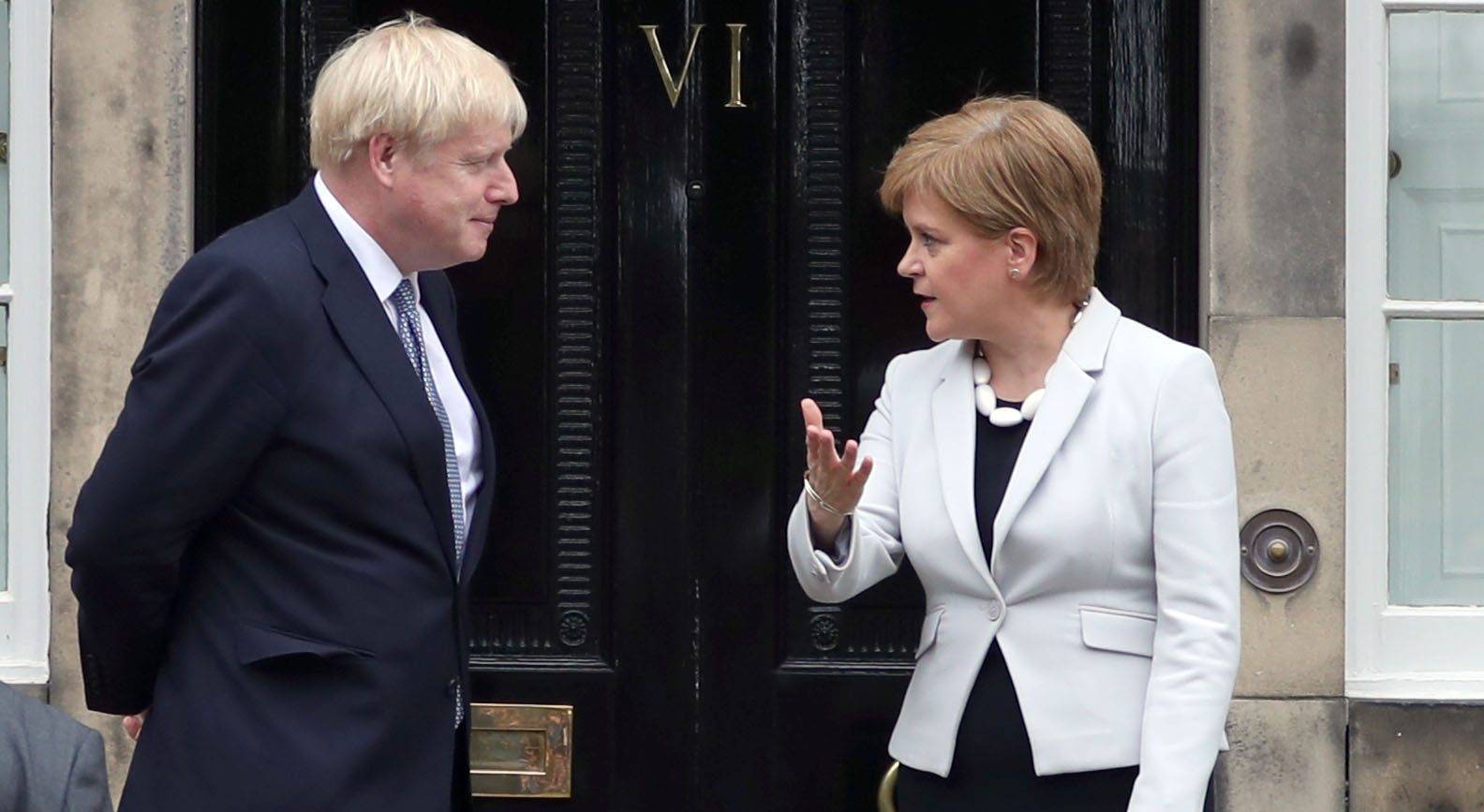 PA Ready
PA ReadyLaw and politics are uncomfortable bedfellows, but the ability of the Scottish Government to press ahead in a legal way might come down to how judges view attempts by Holyrood to stage a new poll irrespective of the express disapproval of the Westminster parliament.
The glow of an expected SNP victory will not last long for Nicola Sturgeon. Covid remains a huge issue and kickstarting economic recovery a priority all political parties agree on. Until the country is in a position of relative safety on the Covid front, there won’t be a referendum.
That does not mean that it won’t be a live issue. Pretty quickly the First Minister will have to spell out what the next steps will be on the road to another poll. For one, the broader Yes movement will demand this.
She is unlikely to come under any pressure from her own troops on the holding of indyref2. If, however, the insurgent Alba Party win seats at the election, she will be kept on her toes on that front. The polls suggest that this is unlikely.
You don’t need to be Mystic Meg to see that the First Minister would see the election of her predecessor as a cause for some irritation, for Alex Salmond will be demanding action with his very first intervention in the chamber.
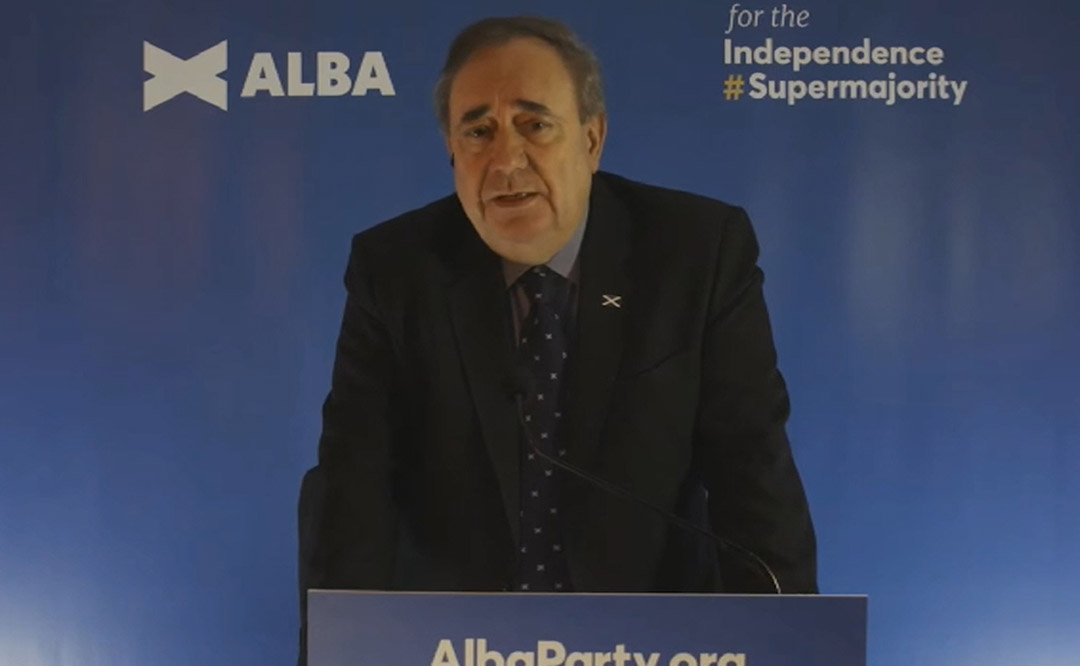 Alba Party
Alba PartyScottish politics was recast in 2014 and the attitudes on both sides of the independence issue have hardened in that time. So much so that it seems the country is split into two tribes who are prepared to dispense with how they view the record and competence of parties and leaders. It is their attitudes on the constitution that seem to matter above all else, it is that factor that drives how they cast their vote.
When will the result be known?
The votes will be counted on Friday but it will be Saturday before the final result is known. And then we will in all likelihood be in the most acute political crisis of the devolved era with Holyrood pitted against Westminster in a show of strength over the country’s future.
This is uncharted territory and it is bound to be messy and protracted and bitter. It could well involve the courts and be played out against a wall of noise and mass street protests in images more redolent of Catalonia than Scotland.
The future is fraught with danger for Nicola Sturgeon too. The last issue she wants to contend with is a defeat in the courts for any Holyrood-backed referendum or be placed in a political position where she can’t deliver what the wider Yes movement wants. That could lead to a fractured movement and a concentration not on independence but on the tactics of those who back such a move.
Unionists will be aware that if those arguing for independence lose their discipline, then the constitutional status quo might get a shot in the arm. At the very least, the breathing space created by a fractious Yes movement would give time for pro-union parties to decide what their next move should be.
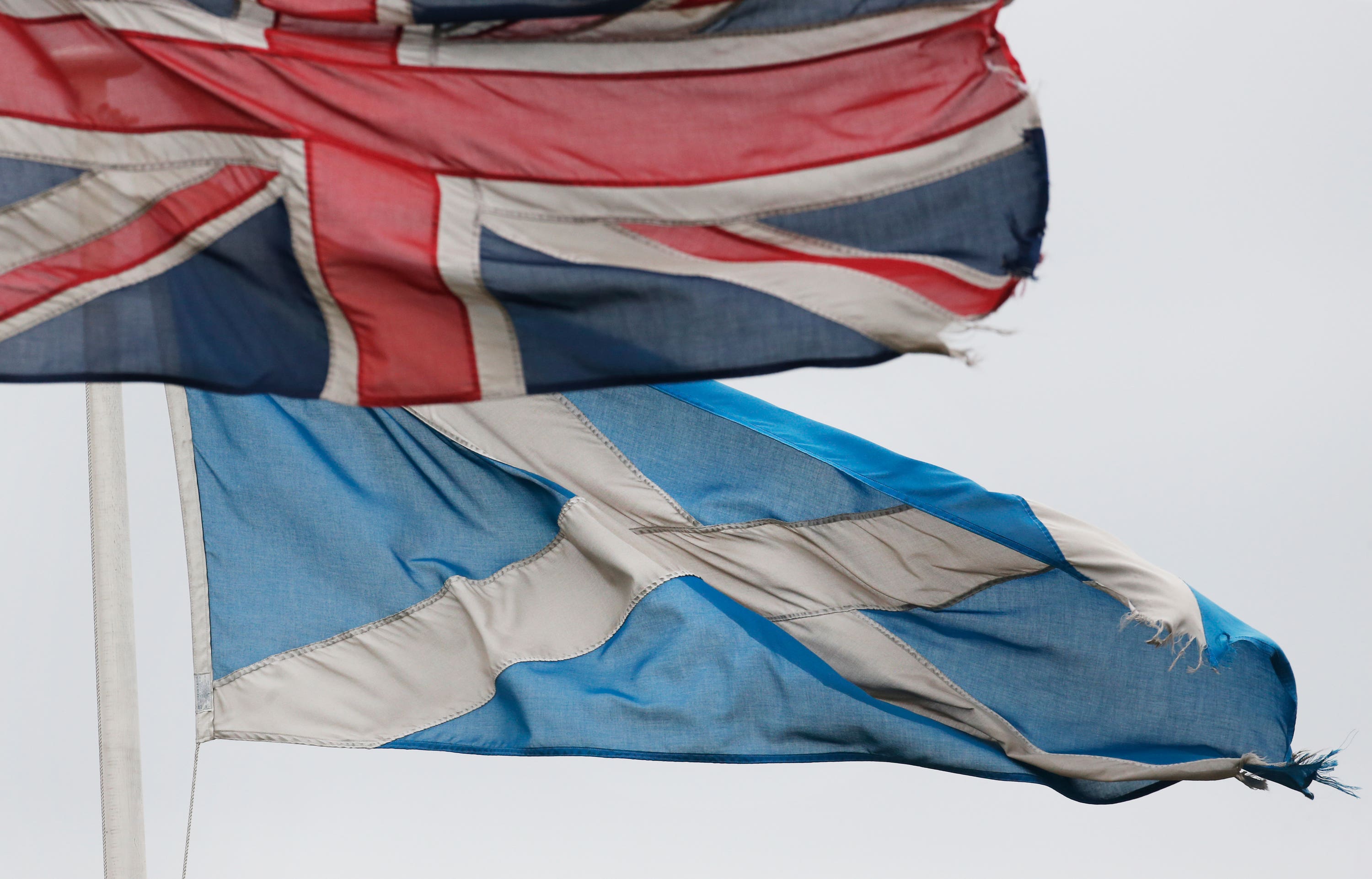 PA Media
PA MediaI can’t help but think that the lack of any serious thinking on the union side of the debate has ceded quite a bit of ground to the Yes campaign. Voters are always more likely to have an instinctive sympathy for an option of change versus no change.
Events. The dread of the politician. And for Boris Johnson and Nicola Sturgeon there are a whole host of them heading their way

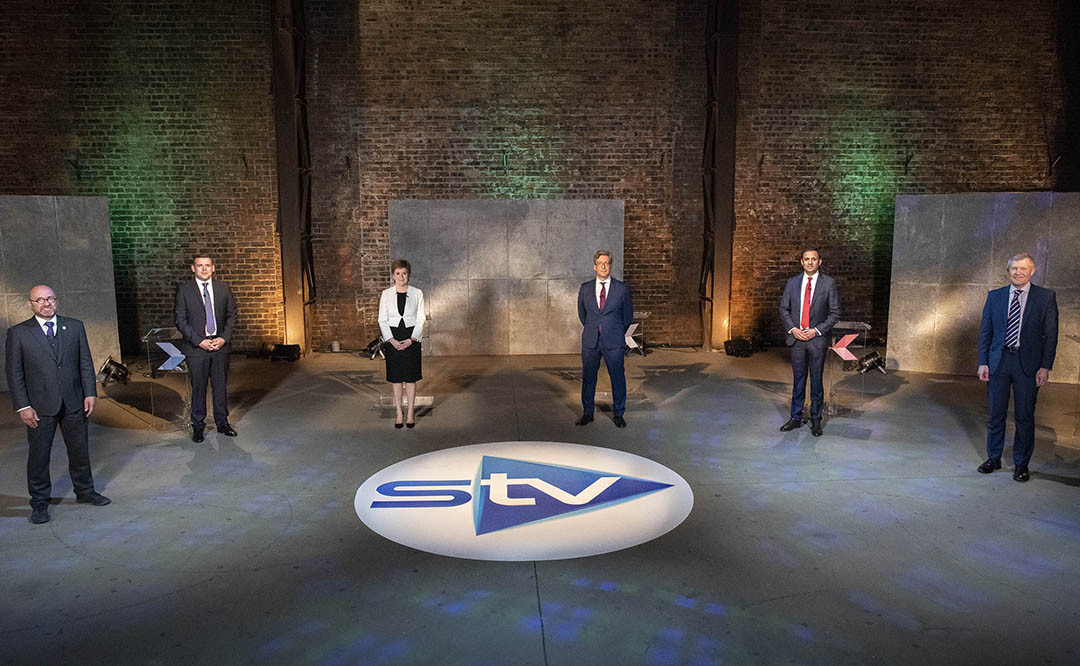 STV
STV





















